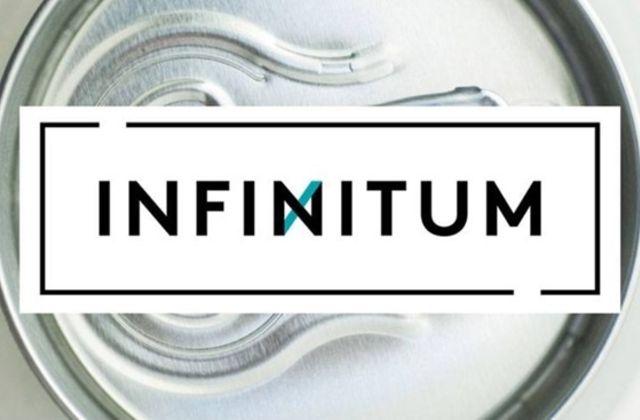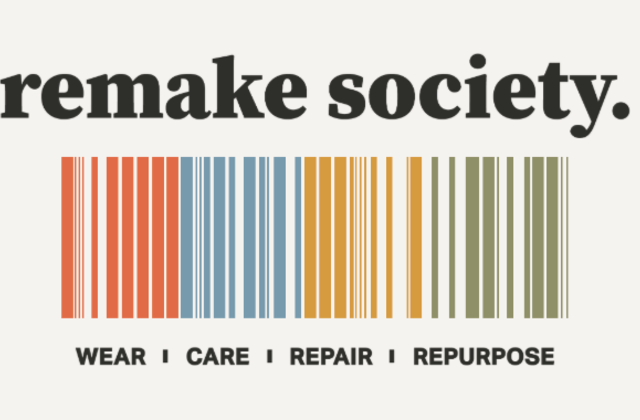Fashion, clothing and textiles, Consumer goods, Digital Platforms
What is it?
Carté DIEM is a fully-functioning banking app with a debit card that can be used as a ‘regular’ payment tool. The app has a circularity function that enables users to resell their goods to DIEM at market value and aims to liquidate those ‘assets’ quickly (Baron, 2020). It functions as a digital pawnbroker with a blockchain-based infrastructure that can provide a real-time valuation of goods from reselling prices across all platforms (Stylus, 2020). One of its first pilots relates to clothing resale.
Why is this important?
DIEM is created to address the looming recession caused by the Covid-19 pandemic coupled with the increased consumer interest in the circular economy. The World Bank (2020) predicted the global economy to shrink by 5.2 per cent in 2020 due to the Covid-19 crisis. The economic downturn will increase the price sensitivity of many customers looking to cut costs on discretionary spending (Ellen MacArthur, 2020). Consumers are likely to make more cost-conscious decisions. At the same time, sustainability concerns among consumers are also projected to heighten, with individuals shopping less, exchanging more and increasingly favouring purpose-driven brands (Ellen MacArthur, 2020). Based on a survey of 15,000 consumers across 11 countries in 2019, 62% of respondents reported they want to purchase from companies that adopt circular economy principles (ING, 2020).
Main resource strategy:
Slowing the loop: the resale model allows the products to be used by multiple users, extending the product's useful lifetime.
Business model aspects:
- Value Proposition: DIEM is a banking app with a resale platform where customers can instantly check their items’ market values and receive the credits in their DIEM card when choosing to sell the item to DIEM (DIEM, 2021).
- Value Creation & Delivery: Users add the details of their goods by uploading a photo and filling in the key details to receive a real-time visualization of the value of their ‘assets’ in milliseconds. Users can ‘cash out’ an item in exchange for credits on their DIEM cards which functions as any payment cards. In terms of authentication, DIEM at the time of writing manually check the resold items with a 7-day interim period set for disputes.
- Value Capture: DIEM buys the items from users and deploys the same evaluation tech to establish the marketplace where it’ll resell them for a profit (Stylus, 2020).
Business model experimentation practices:
DIEM launched its pilot in the UK in October 2020. It started beta-testing with around 100 users with the aim to have 5000 users by the end of 2020. The trial only included the resale of fashion items. DIEMs plans to incorporate other lifestyle goods such as toys and electronics in the future (Baron, 2020).
Sustainability outcomes:
DIEM predicted that extending the life of clothes by just nine months would reduce carbon, water and waste footprints by around 20-30% each (DIEM, 2021).
Sources:
Barron, K. (2020). Carté DIEM: The Circular Economy Bank Ramping Up Resales For Generation Flux. Accessed 30 March 2021 at: https://www.forbes.com/sites/katiebaron/2020/10/06/cart-diem-the-circular-economy-bank-ramping-up-resales-for-generation-flux/
DIEM. (2021). Sustainability. Accessed 30 March 2021 at: https://cartediem.org/#section_2
Ellen MacArthur Foundation. (2020). The circular economy: a transformative Covid-19 recovery strategy: How policymakers can pave the way to a low carbon, prosperous future. Accessed 13 April 2021 at: https://www.ellenmacarthurfoundation.org/assets/downloads/The-circular-economy-a-transformative-Covid19-recovery-strategy.pdf
ING. (2020). Learning from consumers: How shifting demands are shaping companies’ circular economy transition. Accessed 30 March at: https://www.ingwb.com/media/3076131/ing-circular-economy-survey-2020-learning-from-consumers.pdf
Stylus. (2020). DIEM the circular economy bank rethinking resales. Accessed 30 March at: https://www.stylus.com/diem-the-circular-economy-bank-rethinking-resales
The World Bank. (2020). COVID-19 to Plunge Global Economy into Worst Recession since World War II. Accessed 28 April 2021 at: https://www.worldbank.org/en/news/press-release/2020/06/08/covid-19-to-plunge-global-economy-into-worst-recession-since-world-war-ii
***
About project Circular X
Project Circular X is about ‘Experimentation with Circular Service Business Models’. It is an ambitious research project funded by the European Research Council (ERC) which supports top researchers from anywhere in the world. Project CIRCULAR X runs from 2020-2025. The project is led by Principal Investigator (PI) Prof Dr Nancy Bocken, who is joined by a multidisciplinary team of researchers at Maastricht Sustainability Institute (MSI), Maastricht School of Business and Economics, Maastricht University. The project cooperates with businesses who want to innovate towards the circular economy.
Project Circular X addresses a new and urgent issue: experimentation with circular service business models (CSBMs). Examples of such new business models include companies shifting from selling products to selling services and introducing lifelong warrantees to extend product lifetimes. However, CSBMs are far from mainstream and research focused on experimentation is little understood. The research aims to conduct interdisciplinary research with 4 objectives:
- Advancing understanding of CSBMs; their emergence and impacts
- Advancing knowledge on CSBM experimentation
- Developing CSBM experimentation tools
- Designing and deploying CSBM experimentation labs
Funding source
This project has received funding from the European Research Council (ERC) under the European Union’s Horizon 2020 research and innovation programme, grant agreement No. 850159.
Using of this information
When you refer to this case, please use the following source:
Circular X. (2021) Case study: Carté DIEM - The bank of 'things'. Accessed from www.circularx.eu


